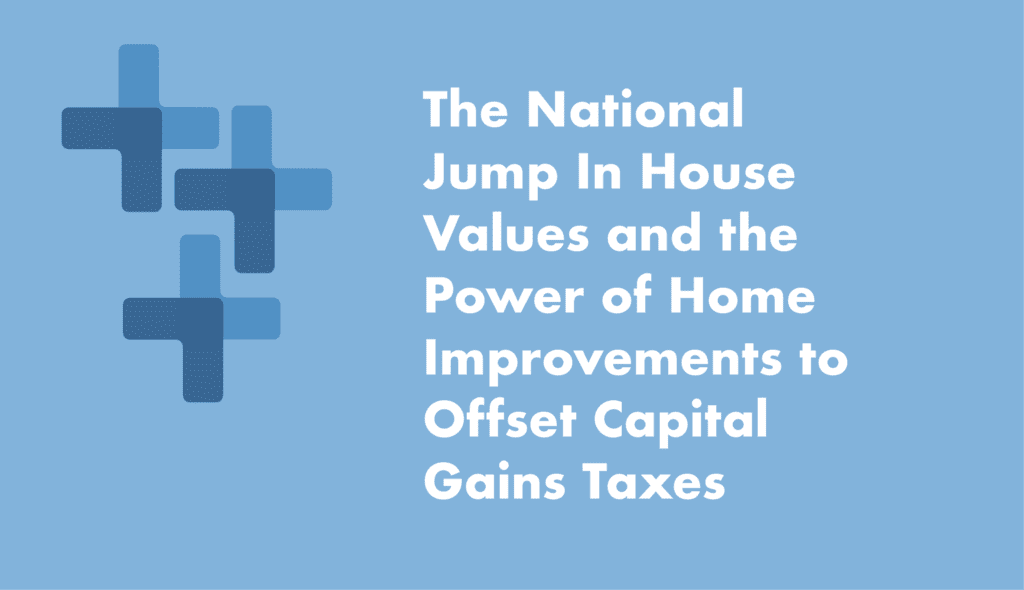Real estate investor vs. professional: Why it matters

Income and losses from investment real estate or rental property are passive by definition — unless you’re a real estate professional. Why does this matter? Passive income may be subject to the 3.8% net investment income tax (NIIT), and passive losses generally are deductible only against passive income, with the excess being carried forward.
Real Estate Investing Podcast with Mark Patten and Mandy Thiebaud

Mark Patten, CPA and Mandy Thiebaud, CPA of McKinnon Patten & Associates discuss with Old Capital Podcast how earned income and passive income are treated by the IRS, capitalizing versus expensing replacements & repairs, and why owning real estate is more than just a return on your investment.
Avoiding Passive Losses

Since the Great Recession of 2008, the nation’s rental market has been an economic bright spot for investors. The median rent for a new apartment climbed to $1,372 last year, a 26% increase from 2012.
Repossessing Investment Property Sold in a Seller-Financed Deal

Let’s say you sold investment real estate in a seller-financed installment sale transaction. Later, you’re forced to repossess the property because the buyer fails to meet his payment obligations. What are the federal income tax consequences of the repossession? This article will provide the answer.
The National Jump In House Values and the Power of Home Improvements to Offset Capital Gains Taxes

House values continue to rise in the low interest rate, post-recession economy. Homeowners are experiencing this increase not only in East and West coast cities like New York, Los Angeles, Boston, and San Diego, but here in Dallas-Fort Worth as well.
